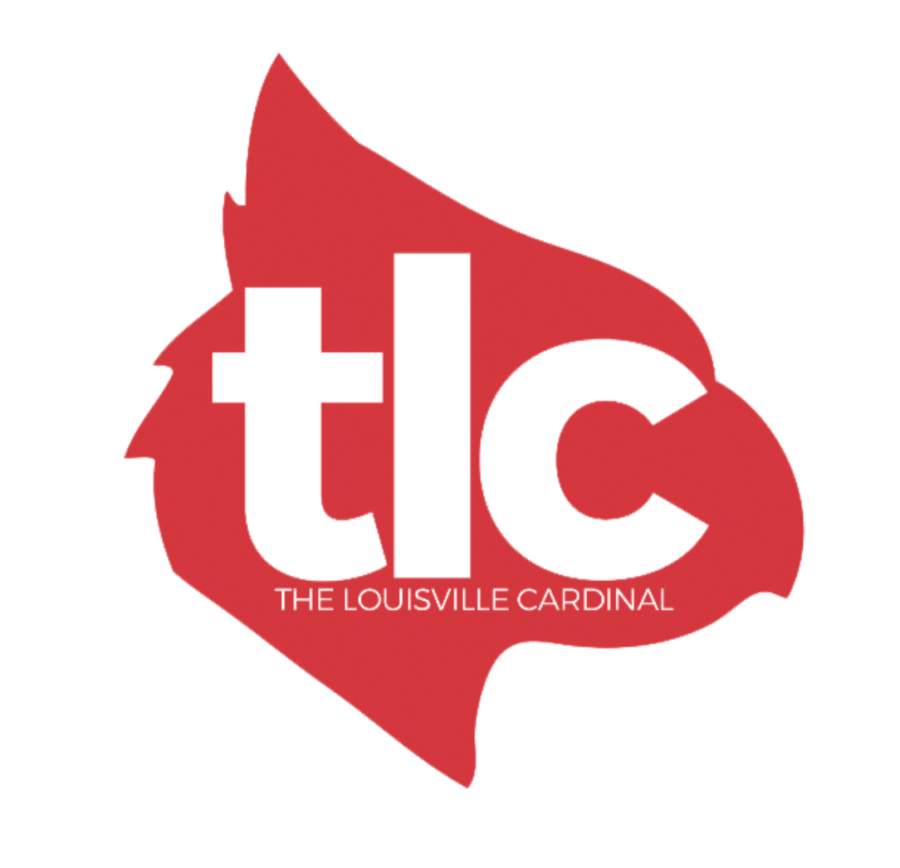Pressure on the Press: Journalism is under fire, and students are feeling it the most
October 4, 2017
For 218 years, the press has been protected in America. For longer than that, the press has been threatened.
Many college newspapers claim to be the oldest—The Harvard Crimson, Yale Daily News, The Miami Student—but whichever came first, journalism has been practiced on college campuses since the beginning of the 19th century.
As for some of the Kentucky college newspapers, the Kentucky Kernel began in 1892, the College Heights Herald in 1925 and the Louisville Cardinal in 1926.
In the last year, each of those newspapers have experienced threats from their respective colleges’ administrations, and they are not alone.
The threats range from budgetary concerns to lawsuits to accusations of inaccuracy.
Most recently, the Cardinal’s advertising budget was cut when the U of L administration announced it would no longer buy advertising from the paper. The administration had a long-standing commitment to purchase $60,000 worth of advertisements.
Now, Cardinal adviser Ralph Merkel said the Cardinal is “as bare bones as you can possibly get without just going out of business.”
An example: An initial call from the Kernel to Merkel did not go through because all but one of the newsroom phone lines have been disconnected, he said.
When he first heard the news, editor-in-chief Kyeland Jackson felt like the newspaper was being targeted specifically for budget cuts. After learning that the university has a $48 million deficit, he changed his mind, but he still felt like the Cardinal was “low on the ladder” of the administration’s priorities for advertising funding.
Interim Director of the UK School of Journalism and Media Mike Farrell said budgeting concerns affect college and daily newspapers alike.
“That is the question for every newspaper in this country: How do we get more revenue to keep publishing?” Farrell said.
The Herald also has potential money problems. The paper has a reserve fund that has traditionally been reserved exclusively for the Herald, adviser Chuck Clark said. But a new university policy allows the administration to take that reserve money into the central budget if it’s needed to cover deficits, the Herald reported.
“It’s a situation that we’re concerned about,” Clark said, because WKU currently has a substantial budget deficit.
Clark said those reserve funds are used to give student journalists the tools they need; for example, the Herald recently had to purchase a new delivery van.
“There are a lot of challenges for news organizations generating revenue right now,” Clark said.
Despite the importance of revenue, making money is not the goal of a student newspaper. Instead, its goal is to report accurate information, often with the help of open records and open meetings. But more challenges arise when the administration and other public officials resist the free flow of information.
The Kentucky Open Meetings Law, passed in 1974, mandates that meetings concerning public policy cannot be conducted in secret. The Kentucky Open Records Law, passed in 1976, makes public agencies’ documents open records.
More details about each law can be found on the Attorney General’s website.
Open records are the issue in the lawsuits between the Kernel and UK, WKU, and Kentucky State University, as well as the subsequent lawsuit between the Herald and WKU.
Chair of the First Amendment and Media Practice Group Jon Fleischaker said universities have always resisted releasing information.
“I think it’s because administrators are sort of convinced that it’s their university and they can do with it what they please and it’s nobody else’s business,” Fleischaker said. “And that’s not true, that’s just not true.”
Farrell said that while he and the School of Journalism and Media are on record disagreeing with the UK administration, he does not see open records and open meetings issues as an ongoing threat to journalism. He said it does not necessarily affect the paper’s ability to report; for example, the Kernel reported the sexual assault without the cooperation of UK.
Farrell said that one challenge to journalism that is specific to college newspapers is editorial control.
“There always seems to be one or two or three college newspapers that are under the gun from administrations,” Farrell said.
Even though student newspapers are editorially independent from their universities because of the First Amendment and many court decisions, administrations can still try to interfere.
Additionally, administrations may not see the importance of student newspapers, Clark said.
But student newspapers are crucial, Clark said, because no other publication covers the university like its own students do.
Without student newspapers, Farrell said, universities lose a watchdog and a medium for the student voice.
College students are meant to hear diverse voices, and an open, free discussion is better for everybody, Fleischaker said.
“The whole premise of the First Amendment is ‘Let it all hang out and let it see the light of day,’” he said.
Despite the challenges, it continues to be the role of student journalists to report the news accurately and fairly.
“It is the role that the Constitution sets up freedom of the press to deliver,” Clark said.




























































































































































